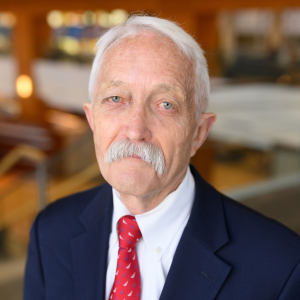
Mark B Dignan, PhD, MPH
Connect
mbdign2@uky.eduPositions
- Professor
College Unit(s)
Other Affiliation(s)
- Internal Medicine - Medical Oncology
Biography and Education
Biography
Dr. Dignan has been a cancer control researcher since joining the faculty of Bowman Gray School of Medicine of Wake Forest University in 1983. As a behavioral scientist, his cancer control research has focused on primary and secondary prevention efforts. He directed National Cancer Institute (NCI)-funded cancer control research projects in North Carolina and Colorado. Since coming to the University of Kentucky in 2001, he has led a series of NCI-funded cancer control investigations among Appalachian populations, including R01s that developed collaborations with primary care practices, public health departments and Area Health Education Centers (AHEC). His experience in developing and conducting cancer control projects has provided him with the opportunity to learn firsthand about the specific needs, interests and values of the Appalachian population and health care providers regarding cancer prevention and control. Dr. Dignan is currently the contact multi-principal investigator (MPI) on two NCI-funded research projects: 1) ACCSIS (UH3 CA233282-01) Accelerating Colorectal Cancer Screening through Implementation Science in Appalachia; and 2) Improving Uptake of Cervical Cancer Prevention Services in Appalachia (P01 CA229143). These projects support research on development, implementation and evaluation of multi-level interventions for colorectal and cervical cancer in Appalachian and a postdoctoral training program. Dr. Dignan also has extensive experience mentoring; numerous individuals he guided are now independent investigators with funding from the National Institutes of Health. He also co-leads an NCI-funded T32 grant titled ‘Addressing Rural Cancer Inequities through Scientific Excellence (ARISE)’ (T32 CA26276) that is focused on training for translating knowledge of risk factors into behavioral interventions implemented in rural communities, rural primary care practices (private practices and Federally Qualified Health Centers), and public health departments.